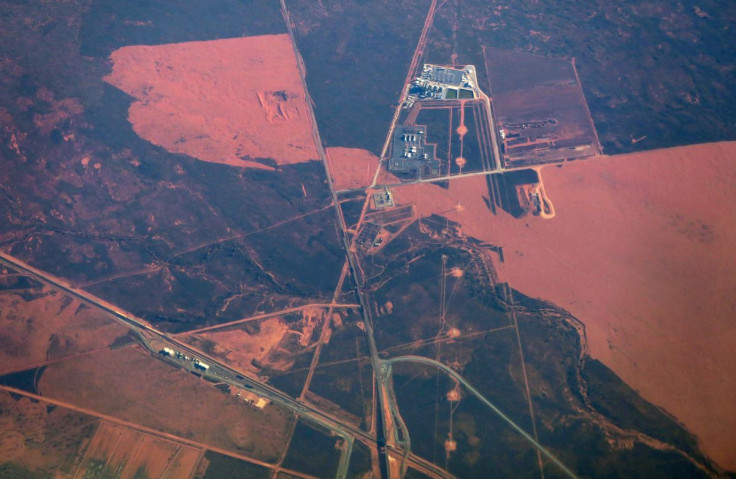Australia Inquiry Says Miners Fail To Protect Women, Backs Offender Register

Australia's mining industry should consider a register of sexual harassment perpetrators to help rein in widespread instances of abuse, a state government report said on Thursday, detailing cases of "horrifying" and "appalling" behaviour against women.
The inquiry by mineral-rich Western Australia, home to the bulk of the country's iron ore industry, also criticised mining giants such as BHP and Rio Tinto for ignoring or overlooking unlawful and criminal behaviour.
The release of the report followed a year-long investigation into concerns about a culture of sexism and bullying that fuelled public anger about workplace conditions last year, leading to what has been called Australia's MeToo moment..
Australia accounts for about half of the world's iron ore exports and women have long complained of sexual harassment in so-called "fly in, fly out" mining camps, temporary accommodation set up at remote mines to house workers.
"I was shocked and appalled well beyond expectations by the size and depth of the problem," Committee Chair Libby Mettam said in a speech in parliament as she tabled the report.
"We were told how sexual harassment is generally accepted or overlooked."
Examples cited in the report included stalking, texting of lewd material, requests for sexual favours in return for a permanent job and sexual assaults.
One woman told the inquiry how she was knocked unconscious in her accommodation hut and awoke to find her jeans and underpants around her ankles, leaving her feeling "sick, ashamed, violated, dirty and very confused".
"We heard of powerplay behaviour known as 'shovelling' where iron ore would be dumped on the cab of trucks operated by women if they didn't comply with sexual requests," the report said.
Individuals who spoke to the committee said perpetrators of serious harassment simply changed worksites or were employed with a different company, the report said.
Among 24 recommendations, it proposed the industry consider an offender register or other options "which could operate effectively and fairly to prevent habitual sexual harassment offenders continuing to be re-employed."
It also recommended establishing a forum to document victims' historical experiences, and explore opportunities for redress, such as formal apologies and compensation.
Other proposals related to improved reporting of harassment, better training for workers and managers, improved accommodation and security at mine camps as well as restrictions on drinking.
CULTURE OF ABUSE
Major global miners including BHP, Rio Tinto and Fortescue made submissions to the inquiry, most of them acknowledging that sexual harassment is rife at mining camps in Western Australia, and promising reforms.
But bullying and abuse have continued in the sector over the past 18 months.
Rio Tinto said in a statement that it would closely study the recommendations contained in the report.
Rio published its own report in February which found that nearly 30% of women had experienced sexual harassment at work, with 21 women reporting actual or attempted rape or sexual assault.
Western Australia's mining sector employs about 150,000 people and generated A$208 billion ($143 billion) in export revenue in 2020/21.
© Copyright Thomson Reuters 2024. All rights reserved.







